How to stop dieting for good. Here are 10 tips from a registered dietitian to help you stop dieting and make peace with food.
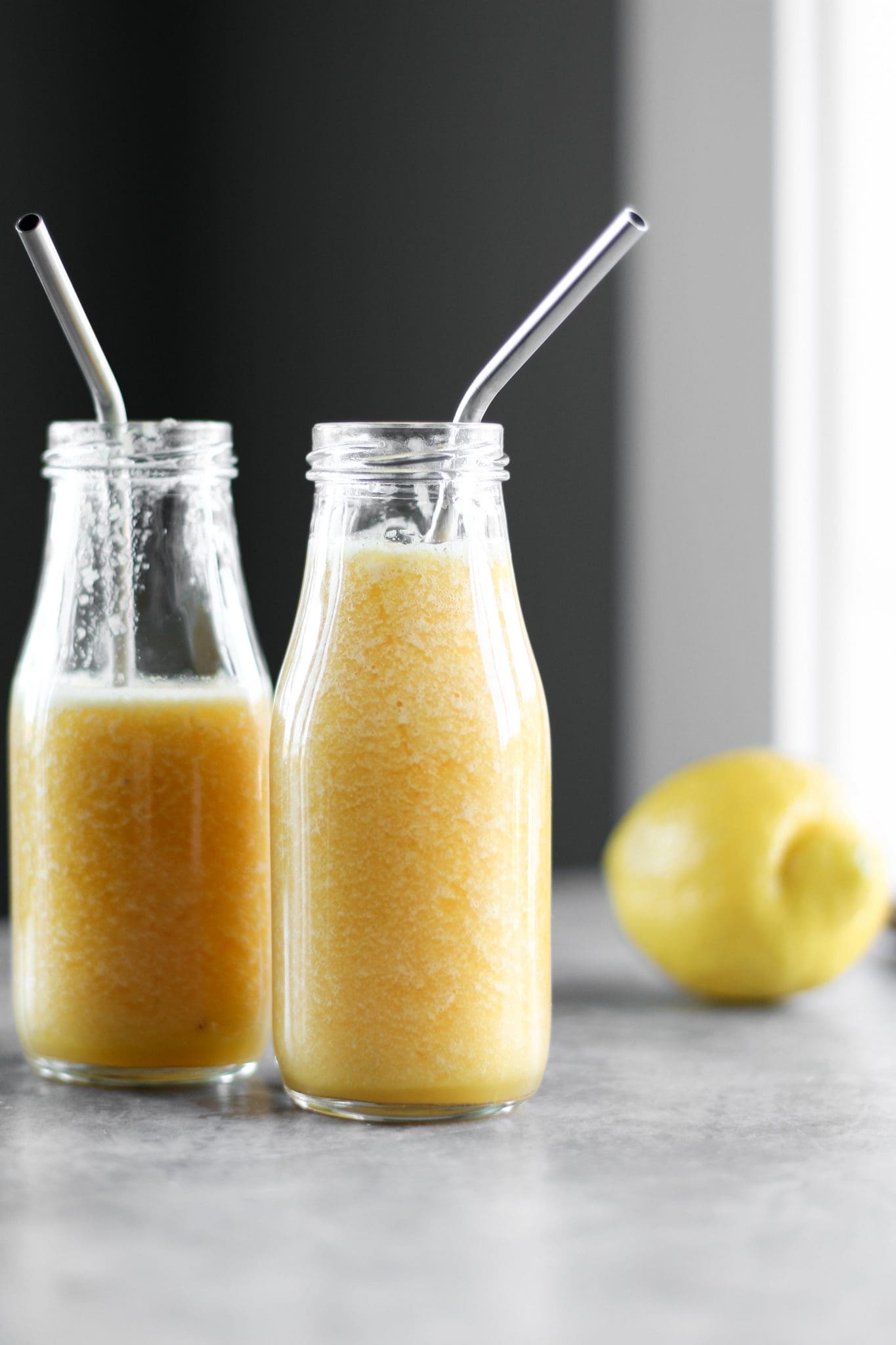
Do you feel stuck in a diet cycle? Have you tried countless diets in the past, just to end up gaining more weight and feeling worse about yourself? The answer doesn’t lie in another diet. The best thing you could do for yourself might be to commit to giving up dieting forever.
Why You Should Stop Dieting
You might be aware that diets don’t work long-term, but did you know that dieting can increase your risk for gaining more weight? This is part of what’s often referred to as “yo-yo dieting”. Dieting does not work for most people and is associated with several negative effects on your physical and psychological wellbeing. Diets can negatively affect your relationship with food, increase your risk of nutrient deficiencies, disordered eating and more.
What Happens When You Go on a Diet
- You start craving the foods you limit or avoid.
- Your body will adjust to eating fewer calories. This means it will become harder and harder to lose weight as your metabolism adjusts to the new “normal”.
- Your body will produce less of the hormone leptin (which makes you feel full) and more of the hormone Ghrelin (which makes you hungry).
- You’ll feel out of control around food.
- You might avoid certain social situations that involve food and you might miss out on simple pleasures, such as a night out with friends.
- After a while, the weight stops going down and your hunger and cravings will become too strong to ignore. This will then lead to overeating.
- In some cases, dieting can lead to an eating disorder.
You don’t have a lack of willpower. It’s actually a normal reaction from your body after “famine”. You can’t fight biology. When underfed, you will obsess about food, whether it’s from a self-imposed diet or starvation.
Tips to Stop Dieting
Get Rid of Old Diet Books
Do you have old diet books or other diet tools around the house? This includes diet-focused cookbooks, meal plans and more. Get rid of any physical reminders of dieting.
Once you get rid of your diet books, replace them with anti-diet books. Great books to consider: Intuitive Eating: A Revolutionary Program that Works, The Intuitive Eating Workbook, Good Food, Bad Diet, Anti-Diet, Gentle Nutrition.
Unfollow Diet Accounts
Declutter your social media accounts by unfollowing anyone promoting weight loss and anyone making you feel bad about yourself and your body. Diet culture is all around us, we don’t need our social media feeds to be filled with diet messages as well.
Set Boundaries
Protect your boundaries. Don’t allow others to tell you how much to eat, what to eat or when to eat. Don’t allow others to make comments about your weight and body. This might lead to difficult conversations with friends or family members, but being clear about your boundaries can make the transition much easier.
Ditch the Scale
Have you ever let the number on the scale determine whether you had a good or bad day? The number on the scale holds so much more power over us than it should.
When you’re ready, ditch the scale. You can start by gradually weighing yourself less and less. However, I highly recommend getting rid of your scale altogether to avoid temptation. This will encourage you to disassociate your weight from your health and the way that you feel.
*There are very few medical exceptions where you need to weigh yourself. If this is your case, this tip is not for you.
Avoid the All or Nothing Mentality
Do you try to eat a “perfect diet”, then give up as soon as you eat something that doesn’t fit your definition of a healthy food? If so, you might have an “all or nothing” mentality.
This is very common among dieters. You might be stuck in a cycle of healthy eating, followed by binging on all of the foods you were avoiding. Try to break this cycle.
There’s no such thing as a perfect diet. So instead of having unattainable goals, try to be flexible and find a balance of eating foods that make you feel your best, as well as your favorite less nutritious foods. All foods fit into a healthy diet.
Stop Waiting For Your “Dream Body”
Are you avoiding certain situations because of your body? Are you waiting to do things that you love until you get to your goal weight? Stop waiting and start living a life that you love now.
Don’t avoid seeing the people that you love because you’re afraid of what they’ll think about your body. Don’t push back a vacation until you have your “dream body”. Don’t wait for a thinner body to dress in clothes that you love.
Respect Your Body
Has hating your body all these years helped you in any way? Focusing on your body in such a negative way is not helpful. It’s hard to reject diet mentality when being overly critical of your body.
The goal is not always to love your body (though if you get there, great!). Instead, the goal should be body acceptance. It’s okay and completely normal not to love your body every day. Instead, we should work on accepting our body the way it is. Focus on being grateful for what it allows you to do and know that you’re so much more than just your body.
Make Your Current Body Comfortable
Get rid of old clothes that don’t fit. Trying to fit into smaller clothes will simply make you uncomfortable and dislike your body. Instead, make your current body comfortable by wearing clothes that fit and feel comfortable on your skin.
This also includes practicing self-care. Caring for your current body and your mind will make this journey much easier. You don’t need to lose weight first in order to take care of your body. This could look like prioritizing sleep and rest if possible, moving your body in a way that’s enjoyable to you and taking time to do the things that you love. It also includes eating enough and eating nutritious foods that make you feel your best, as well as your favorite foods.
Continue to Challenge Diet Thoughts
Change is difficult and old habits are hard to break. You might notice old diet thoughts pop up, especially when you’re first transitioning to a non-diet approach. Identify distorted diet thoughts and replace them with the truth.
Words matter. Try not to describe foods as good or bad. You can find a list of diet culture words to avoid here.
Work with a Non-Diet Dietitian
If this is accessible to you, I highly recommend working with a non-diet dietitian or health at every size professionals to support you through this journey. Ditching dieting is not easy in a world full of diet culture, but having support can make a big difference.
Giving up dieting doesn’t mean that you need to stop caring about your health. Quite the opposite! Dieting can be harmful to your health and eating intuitively has many benefits. Once you’re comfortable with quitting dieting, you can honor your health by using gentle nutrition. If you’re looking for more guidance with gentle nutrition, check out my nutrition tips to improve your health without dieting.
This information is intended for educational purposes only and is not meant to replace individualized nutrition or medical advice.
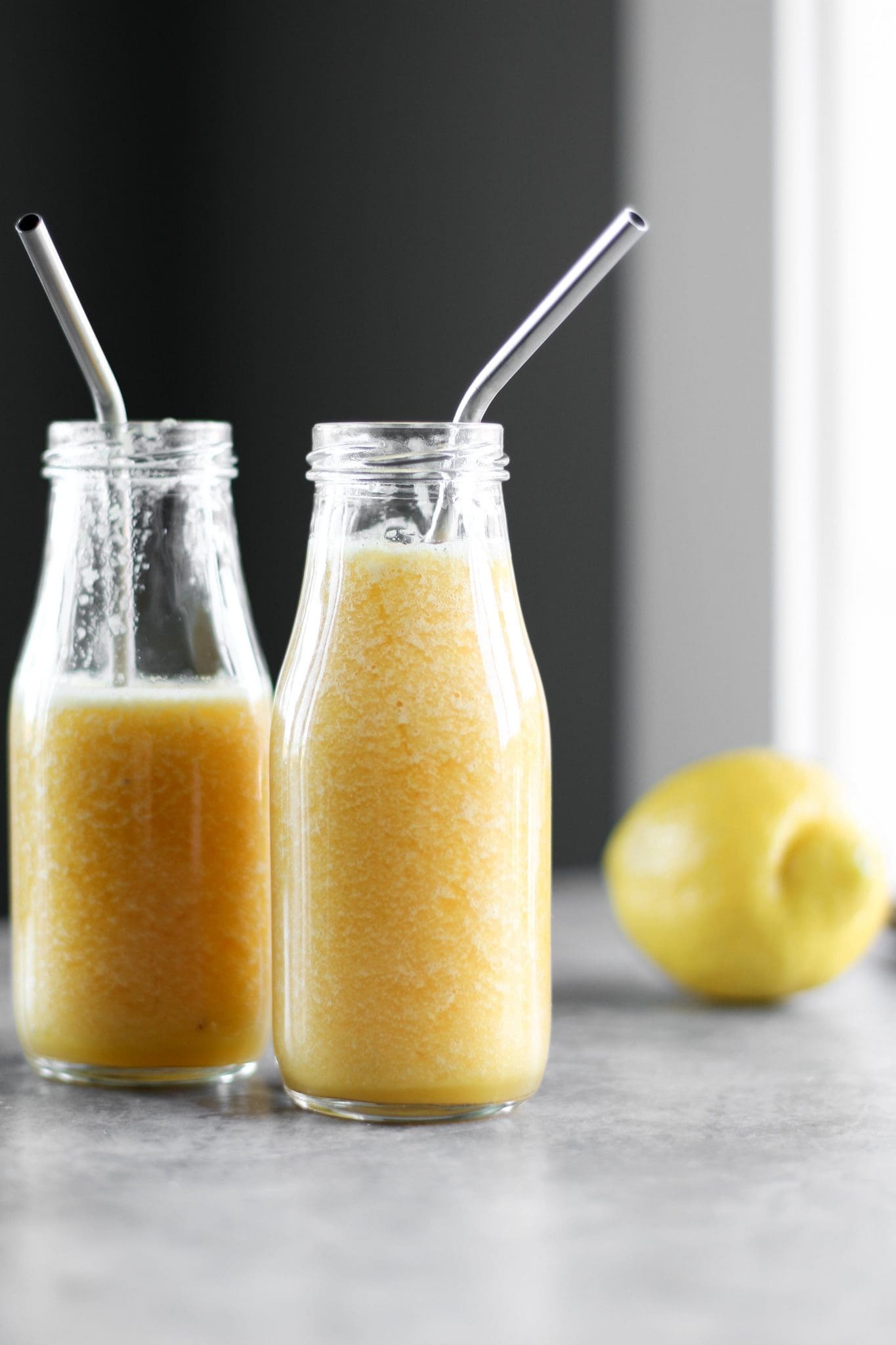

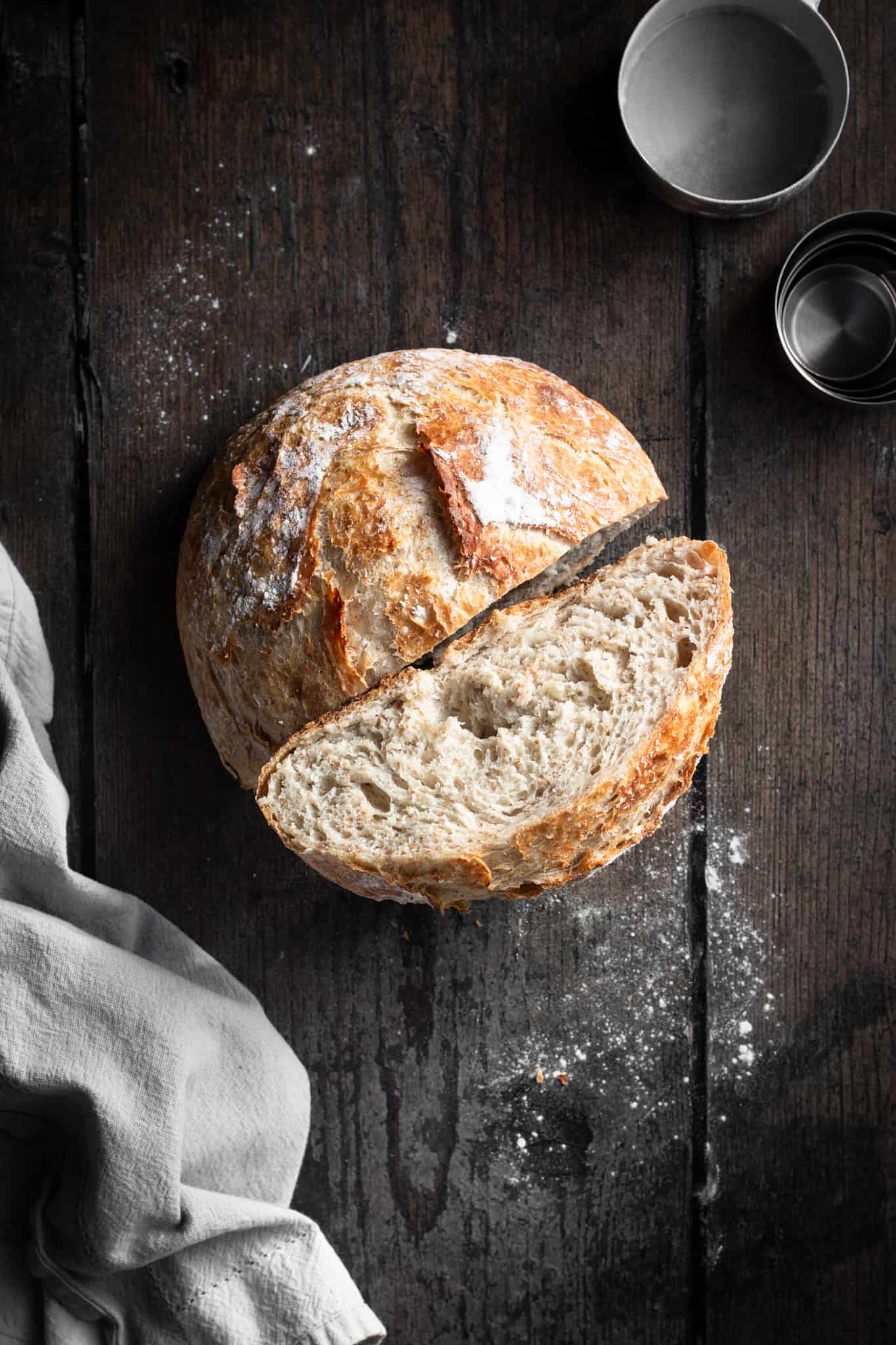




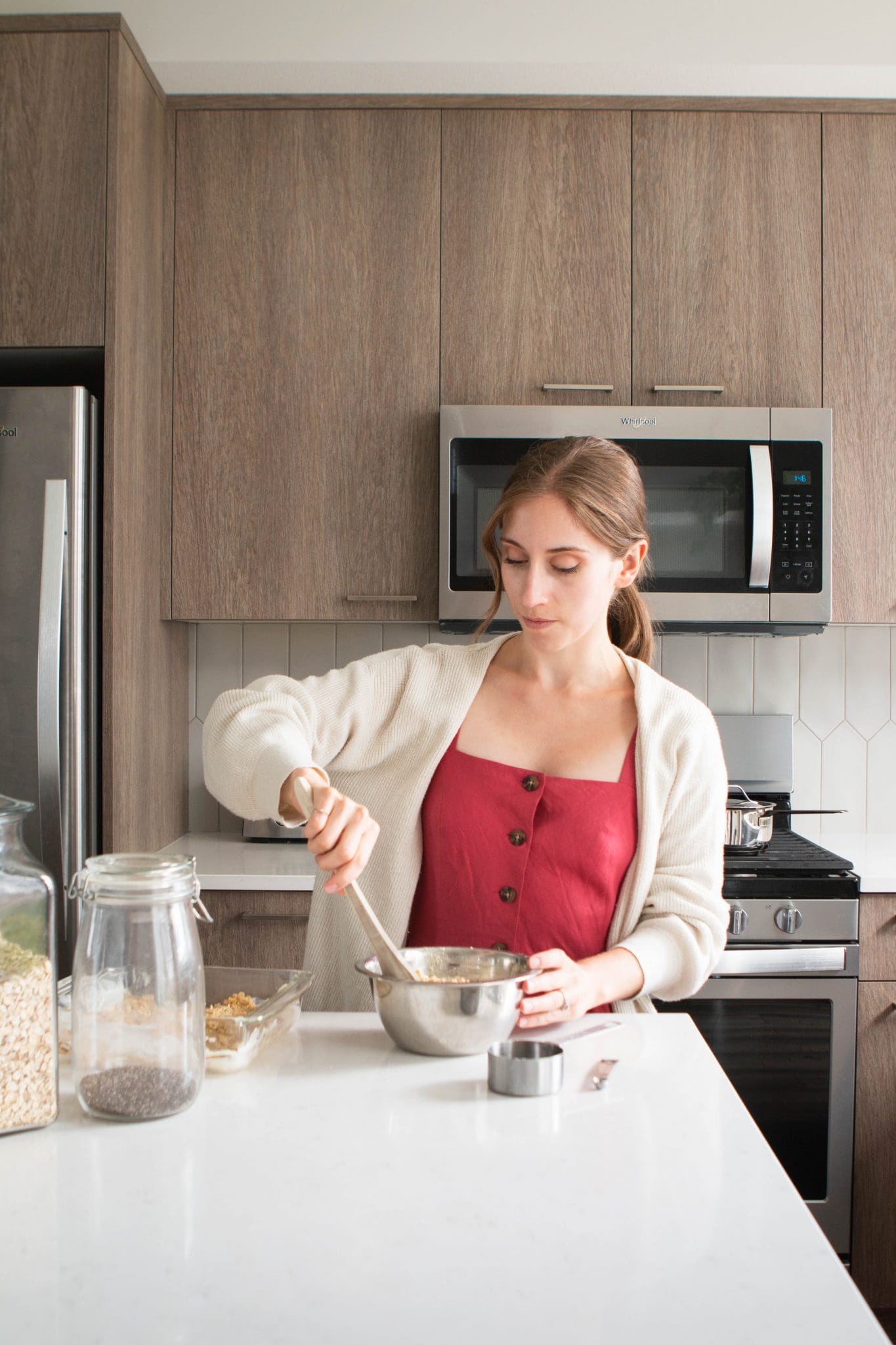
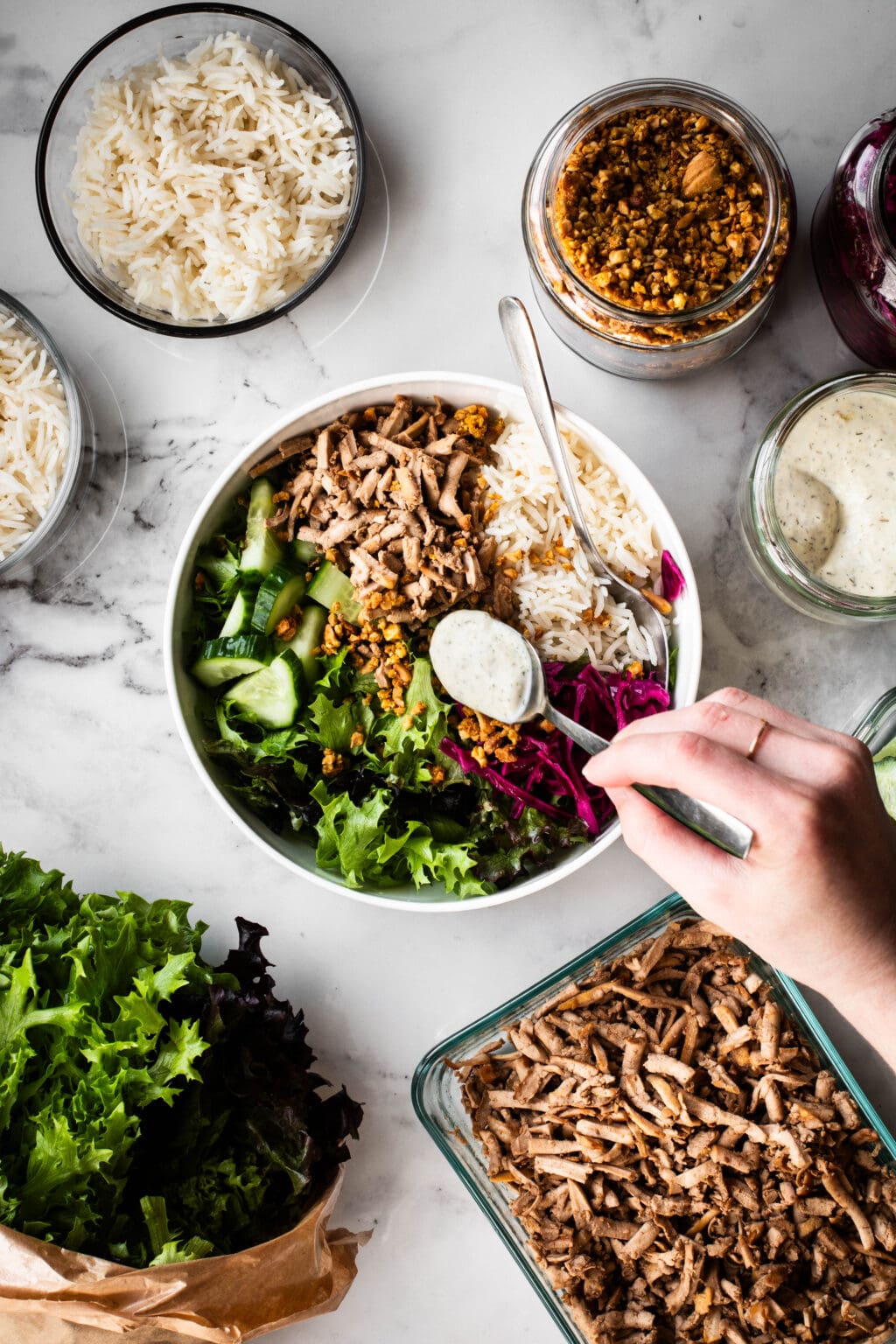

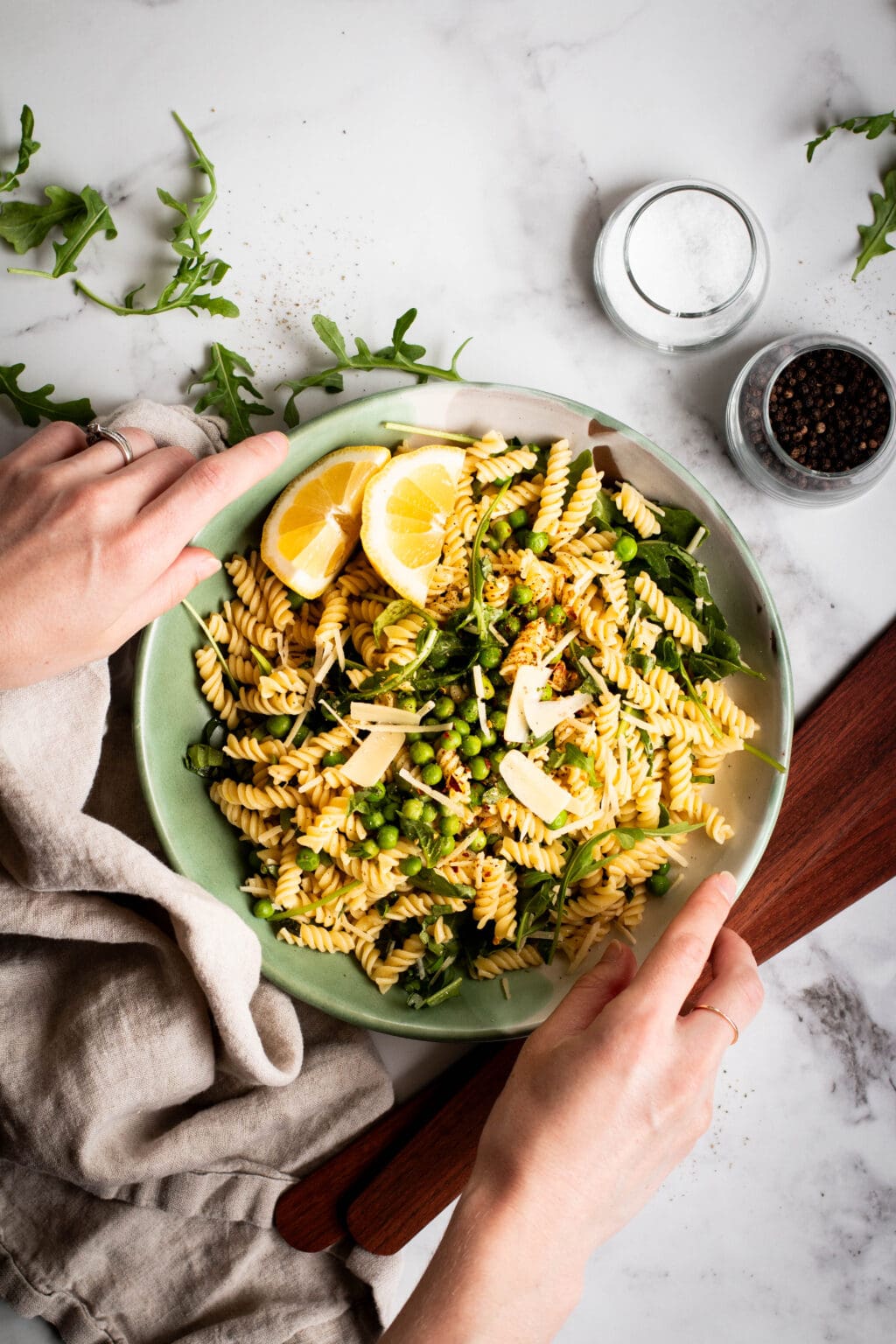
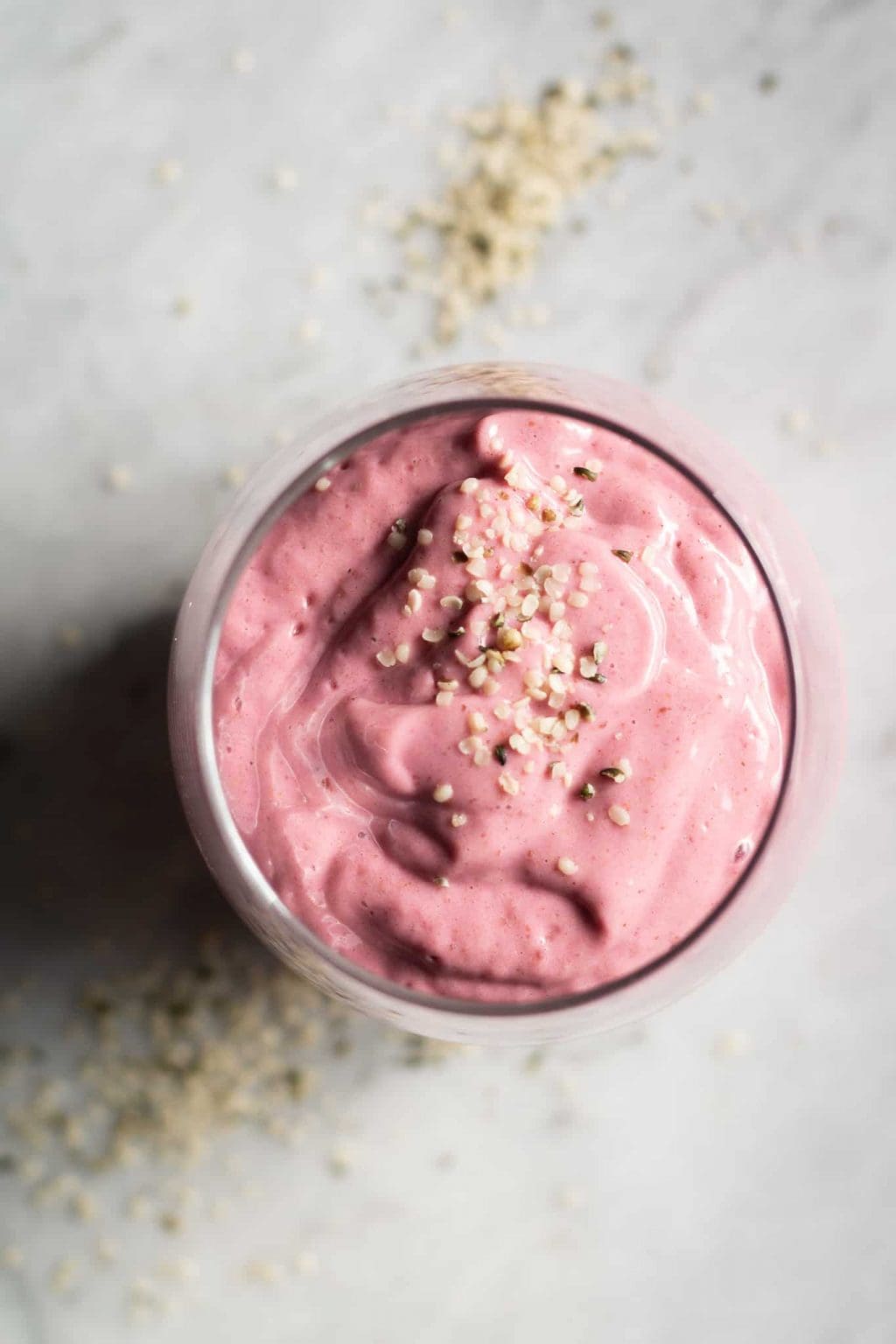
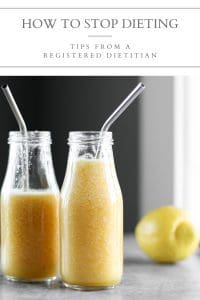
Leave a Reply